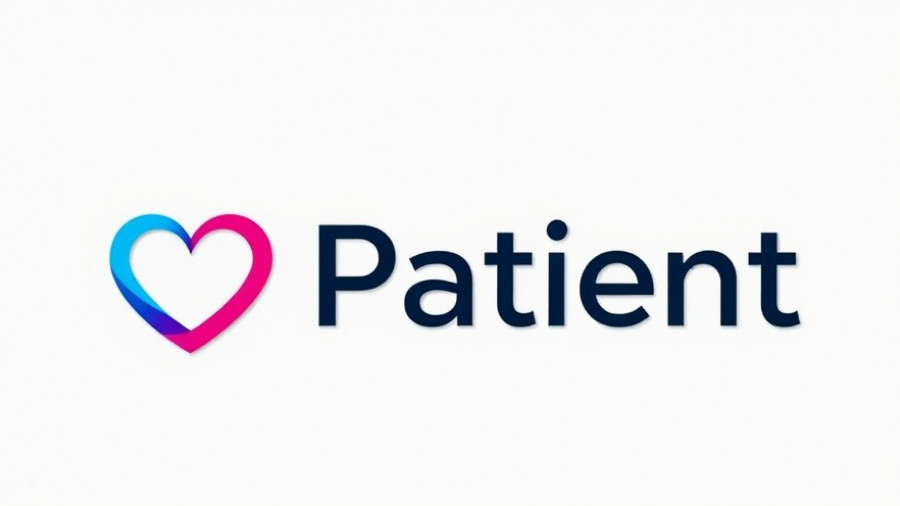
Recognizing the Signs: Natasha's Ovarian Cancer Journey
At just 22 years old, Natasha Reynolds encountered a mystery that would forever alter her life. As she juggled university, a part-time job, and volunteer work, subtle changes in her body escalated into alarming symptoms that prompted her to seek help. Despite her persistence, healthcare professionals frequently dismissed her concerns, attributing them to more benign issues such as irritable bowel syndrome (IBS) and endometriosis. This tragic oversight is far too common in the fight against ovarian cancer, a disease often characterized by vague signs that can easily blend into the background of daily life.
The Importance of Early Detection
Ovarian cancer, although it claims the lives of more than 12,000 women each year in the U.S. alone, remains one of the most challenging cancers to diagnose early. As noted by the American Cancer Society, only about 20% of ovarian cancers are diagnosed at an early stage, where the prognosis is significantly improved. In Natasha's case, it took 18 agonizing months of escalating symptoms before her condition was finally recognized as stage one germ cell ovarian cancer during an emergency room visit.
A recent study highlights the barriers to early detection. Symptoms such as bloating, pelvic pain, and changes in urinary habits often go unnoticed or are misinterpreted, delaying critical diagnoses. Gynecologic oncologist Dr. Jayanthi Lea emphasizes the importance of being alert to the combination of these symptoms. "If women experience clusters of symptoms more than 10 to 12 times a month, it's crucial to seek medical evaluation," she advises.
Healthcare Systems and Women's Health
The gaps in Natasha's care reflect a broader issue within healthcare systems. Despite advancements in medical knowledge, women often report that their symptoms are not taken seriously. This can stem from lingering stereotypes regarding women's health issues and the belief that their symptoms are ‘normal’ or ‘expected.’
Ovarian Cancer Action, a UK-based charity, identifies this pattern as a national health crisis. Awareness is essential; therefore, every woman needs to advocate for herself and seek second opinions if necessary. Patients must empower themselves with knowledge about their bodies and symptoms, ensuring they are heard.
Lessons from Natasha's Experience
Natasha urges other women to be vigilant about their health, encouraging open dialogues with their healthcare providers. "Never let anyone dismiss your symptoms,” she says. “If something feels wrong, keep pushing until you get the answers you deserve.” Her experience is not isolated; similar stories underscore a critical need for improved healthcare practices that prioritize early detection and treatment strategies for ovarian cancer.
New approaches are emerging, focusing on genetic counseling and advanced screening methods that may help identify women at high risk. These strategies can include the removal of fallopian tubes, a preventive measure against developing ovarian cancer that directly aligns with women's health needs.
Empowering Change for the Future
As healthcare systems evolve, focusing on early detection and patient education is vital in reducing ovarian cancer mortality rates. Improving awareness of the symptoms and potential treatment options can empower women and save lives. While Natasha’s journey was fraught with challenges, it also serves as a beacon of hope that change is possible through education, diligence, and self-advocacy.
Ovarian cancer’s potential to be caught early may lie in collective efforts to recognize and respond to its subtle signs. If you or someone you know is experiencing concerning symptoms, do not hesitate to seek medical advice—your voice matters.
 Add Row
Add Row  Add
Add 




Write A Comment